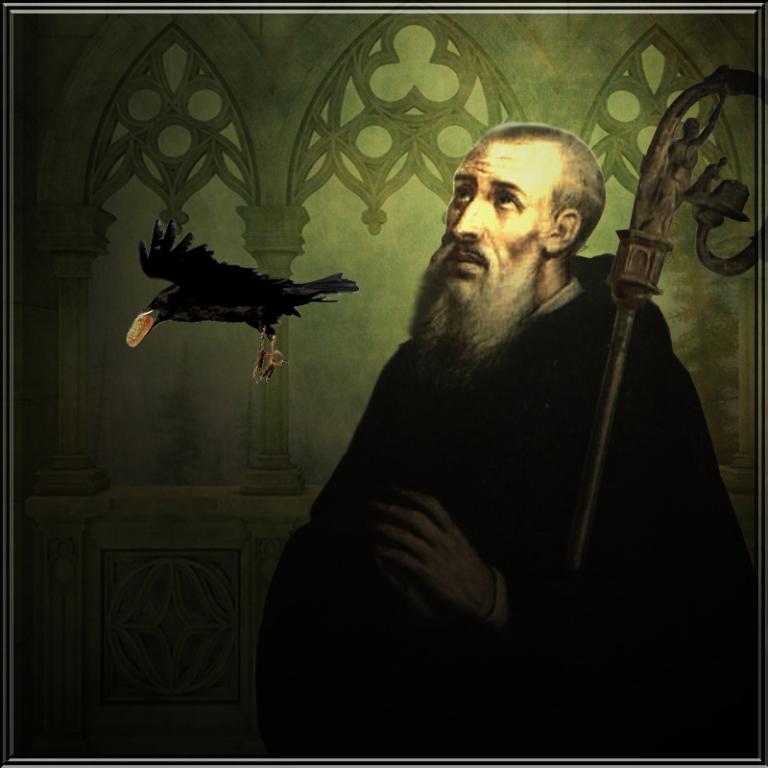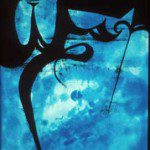“You theologians speak completely differently than us philosophers,” the graduate student said. He beamed with excitement about his field, and delighted to be a part of a specialized group of people. I scowled: “No. There is consonance between philosophy and theology.”
I meant the word in a technical, precise way. Consonance means a harmony or agreement, which means that philosophy and theology are not the same, and also that they agree with one another. Consonance is also a literary device, often used in poems, where consonants are used to repeat sounds. Theology and philosophy often repeat one another, sounding strikingly similar and at the same time radically different.
Like T.S. Eliot here:
Time and the bell have buried the day,
The black cloud carries the sun away.
Will the sunflower turn to us, will the clematis
Stray down, bend to us; tendril and spray
Clutch and cling?Chill
Fingers of yew be curled
Down on us? After the kingfisher’s wing
Has answered light to light, and is silent, the light is still
At the still point of the turning world.
Listen to the sounds of the poems. He repeats his little rhyme of the sound ay, and drops in a few other rhymes (ing and ill, etc.). But these are just the ends of lines and the ends of words. Eliot is often imitating his own sounds within a line, or between stanzas. All appears rather irregular, but the sounds are precisely timed to give a rhythm to the words, a kind of music that does not follow a strict meter. And so his last line about “the still point of the turning world” repeats many of the sounds he’s already given, all for an image that sharply interrupts the rest.
Or does it? If the poem is tightly woven together, the line is far from random. It makes complete sense along with the rest of the work, and in fact already repeats other themes from elsewhere in Four Quartets. Eliot speaks in a sort of double-voice as he uses sounds, pulling them together and pulling them apart. All in the same set of lines.
That analogy is something like the relationship between philosophy and theology, binding the two intimately without confusing them. They often repeat the same notes, sometimes in a different key, and sometimes simply the exact same notes. Theology in particular frequently shifts between pure repetition or repetition in a new register, or playing a sound that philosophy cannot make at all (while still using the sounds philosophy uses). It is a complex relationship, and the very intimacy of it often leads to tragic confusion between and within the two.
It is possible, I suppose, to imagine theology and philosophy as entirely different, since it is possible to do philosophy without theology. (This is not possible for theology.) Yet even this is an illusion, since philosophy relies on theological presuppositions to do its work.
The two sound together, and are not the same words.













